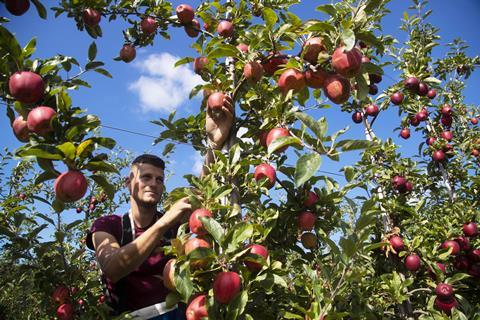
The government’s “last-minute approach” to finalising the details of its recruitment scheme for overseas seasonal workers has been slammed as “unacceptable” by MPs on the Commons Efra Committee.
Commenting today after the government published its response to Efra’s December report into labour in the food supply chain, the committee said the delay in appointing two additional operators to its seasonal workers (SAWS) pilot was “disappointing” and showed British producers were “at the bottom of government’s priorities list”.
Despite confirming it would extend the SAWS scheme to 30,000 permits in December, the government only announced the final two of its four operators over the past two weeks. This was despite intense lobbying from the growing sector through the early part of the year and mounting concerns any delay in recruiting could affect supply chains.
That delay created “unnecessary and costly” uncertainty, the committee said, as it repeated calls to expand SAWS to include other food supply chain and agricultural sectors beyond edible horticulture.
“As peak harvesting season approaches in many sectors, the committee is concerned about the tight timeframe left for operators to recruit labour overseas and supply staff to those farms who need them,” it said.
The committee added it remained concerned about shortages of skilled workers, especially official veterinarians working in abattoirs, noting more than nine out of 10 key workers were EEA-qualified.
And despite its December report calling on government to “closely monitor the impact of its new immigration policy on the supply of such skilled workers” and the government’s response assuring it would undertake “diligent” work to ensure the supply of such workers, the committee said there was recent evidence of an official vet capacity shortage in abattoirs.
“Although registration standards have been temporarily lowered as a short-term solution, the government has not said how it intends to fill these jobs in the long term,” it said.
Peak harvesting season
Efra committee chair Neil Parish MP said: “It is now May, with peak harvesting season almost upon us, and yet the government has only just appointed the final two operators for the seasonal workers pilot.
“British growers have been placed at the bottom of the Home Office’s priorities list, and the unnecessary uncertainty could prove costly for producers.”
Despite last year’s ‘Pick for Britain’ pilot scheme, the Efra report “made it clear that overseas labour is still very much needed, and the government’s efforts to recruit more domestic labour cannot hope to be sufficient for this summer’s harvest”, he added.
“As the reports of daffodils going unpicked this spring made clear, the need also goes well beyond just edible horticulture. Before Christmas, we warned the government of the huge consequences of keeping plans for seasonal labour vague until the very last minute,” Parish said.
“There can be no excuse for further hold-ups. The Home Office need to start listening to the agricultural sector now to minimse the impact on British farmers.”
Elsewhere in the government’s response to the Efra report, it pledged Defra would take further opportunities to reflect on the committee’s concerns and to keep them under review.
The response paper also announced that Defra would lead a review into automation in horticulture this year.
The review would report on ways to increase automation in the sector and meet the government’s aim of reducing the need for migrant labour in the long term. Further details of the review will be published in the spring.







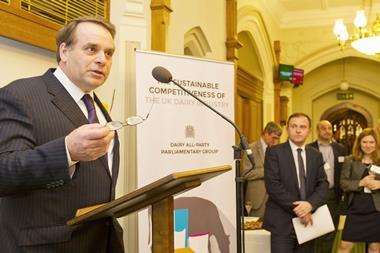

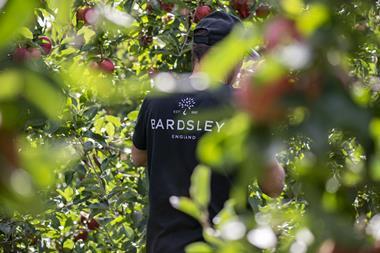
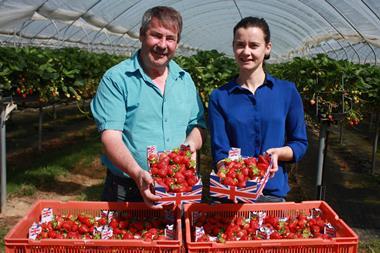
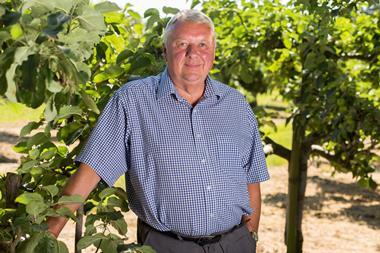
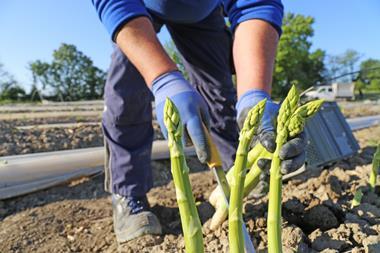






No comments yet